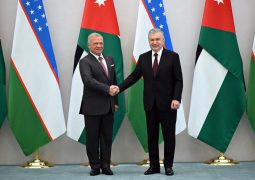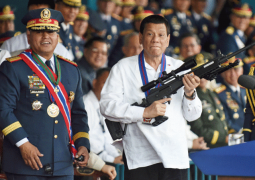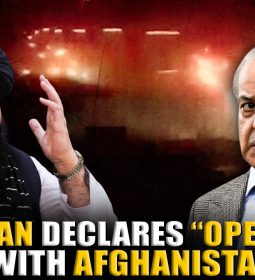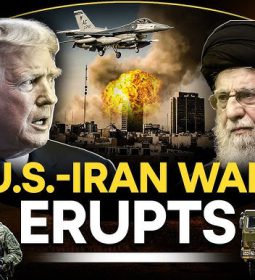China-U.S. trade tensions top Big Oil’s worry list
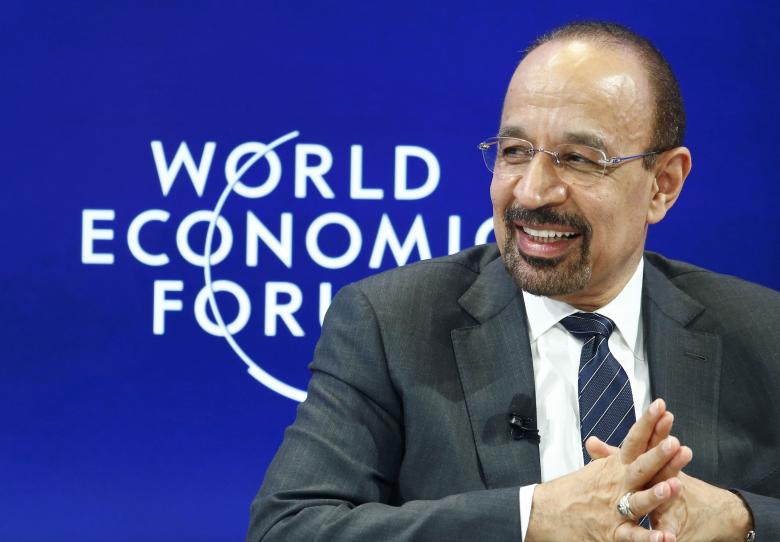
Oil executives and Middle East producers are concerned that trade tensions between the United States and China risk clouding the outlook for global energy demand growth and a recovery in the price of oil.
“It is not unique to our country to feel a certain level of anxiety (about tensions). But there is a lot of wisdom on both sides… I hope this anxiety will prove unfounded,” Saudi Energy Minister Khalid al-Falih told Reuters.
Chinese President Xi Jinping offered a vigorous defense of free trade in Davos on Tuesday, underscoring Beijing’s desire to play a greater global role as the United States turns inward.
“The two largest economies need to sort out their differences for the wellbeing of the global community,” Falih, who sets energy policies for the world’s largest oil exporter, said on the sidelines of the World Economic Forum in Davos.
Xi cautioned other countries against blindly pursuing their national interests, in an apparent reference to the “America first” policies of Donald Trump.
Trump, who will be inaugurated as U.S. president on Friday, campaigned on a promise to confront China more aggressively on trade, including by levying new tariffs on goods from abroad.
“I hope cool heads will prevail on both sides,” BP’s chief executive Bob Dudley told Reuters in Davos.
China, the world’s top goods exporter, is heavily dependent on free trade and would be hit hard by a new wave of protectionism and a broader backlash against globalization.
Beijing is also almost on par with the U.S. as the world’s top oil importer and any slowdown of the Chinese economy would badly hit global demand since Beijing has been the locomotive of the global oil consumption growth for the past decade.
“The rise of China should be the source of stability – not conflict,” Saudi foreign minister Adel al-Jubeir told a panel at the WEF, which is effectively the world’s largest gathering of oil executives and officials.
Besides promising tougher policies on China, Trump has also said that Washington should boost U.S. energy independence from oil cartels such as OPEC.
Falih said that any attempt to introduce import tariffs on oil from abroad to support U.S. crude producers would primarily hit a very strong U.S. oil refining and chemical industry.
And when asked about the rising tensions, OPEC head Mohammed Barkindo said: “The world needs stability in order to restore robust economic growth and ensure this task is achieve through collaboration at all levels”.
(Editing by Alexander Smith)
- Previous OIC Today: Uzbekistan demonstrates high growth rates
- Next M’sian man drives over 2,500km to ‘take back’ 3mil Bhat from ex-wife in Thailand





